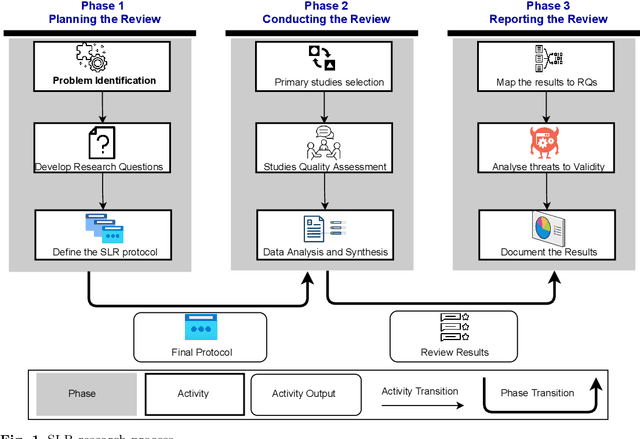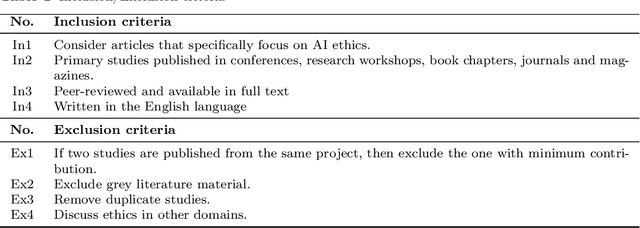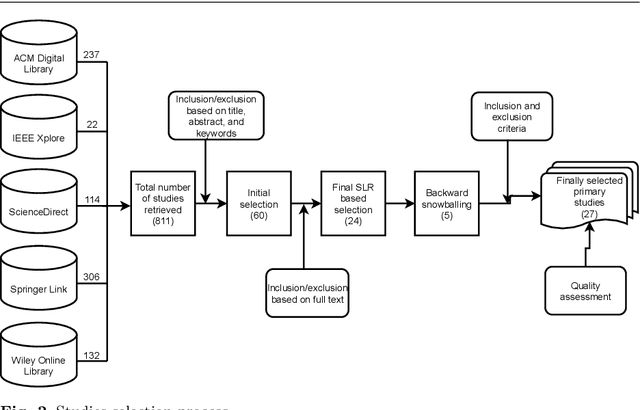Arif Ali Khan
Extended multi-stream temporal-attention module for skeleton-based human action recognition (HAR)
Nov 10, 2024Abstract:Graph convolutional networks (GCNs) are an effective skeleton-based human action recognition (HAR) technique. GCNs enable the specification of CNNs to a non-Euclidean frame that is more flexible. The previous GCN-based models still have a lot of issues: (I) The graph structure is the same for all model layers and input data.
$Classi
Jun 10, 2024
Abstract:Quantum computing, albeit readily available as hardware or emulated on the cloud, is still far from being available in general regarding complex programming paradigms and learning curves. This vision paper introduces $Classi|Q\rangle$, a translation framework idea to bridge Classical and Quantum Computing by translating high-level programming languages, e.g., Python or C++, into a low-level language, e.g., Quantum Assembly. Our idea paper serves as a blueprint for ongoing efforts in quantum software engineering, offering a roadmap for further $Classi|Q\rangle$ development to meet the diverse needs of researchers and practitioners. $Classi|Q\rangle$ is designed to empower researchers and practitioners with no prior quantum experience to harness the potential of hybrid quantum computation. We also discuss future enhancements to $Classi|Q\rangle$, including support for additional quantum languages, improved optimization strategies, and integration with emerging quantum computing platforms.
Ethics of AI: A Systematic Literature Review of Principles and Challenges
Sep 12, 2021



Abstract:Ethics in AI becomes a global topic of interest for both policymakers and academic researchers. In the last few years, various research organizations, lawyers, think tankers and regulatory bodies get involved in developing AI ethics guidelines and principles. However, there is still debate about the implications of these principles. We conducted a systematic literature review (SLR) study to investigate the agreement on the significance of AI principles and identify the challenging factors that could negatively impact the adoption of AI ethics principles. The results reveal that the global convergence set consists of 22 ethical principles and 15 challenges. Transparency, privacy, accountability and fairness are identified as the most common AI ethics principles. Similarly, lack of ethical knowledge and vague principles are reported as the significant challenges for considering ethics in AI. The findings of this study are the preliminary inputs for proposing a maturity model that assess the ethical capabilities of AI systems and provide best practices for further improvements.
 Add to Chrome
Add to Chrome Add to Firefox
Add to Firefox Add to Edge
Add to Edge